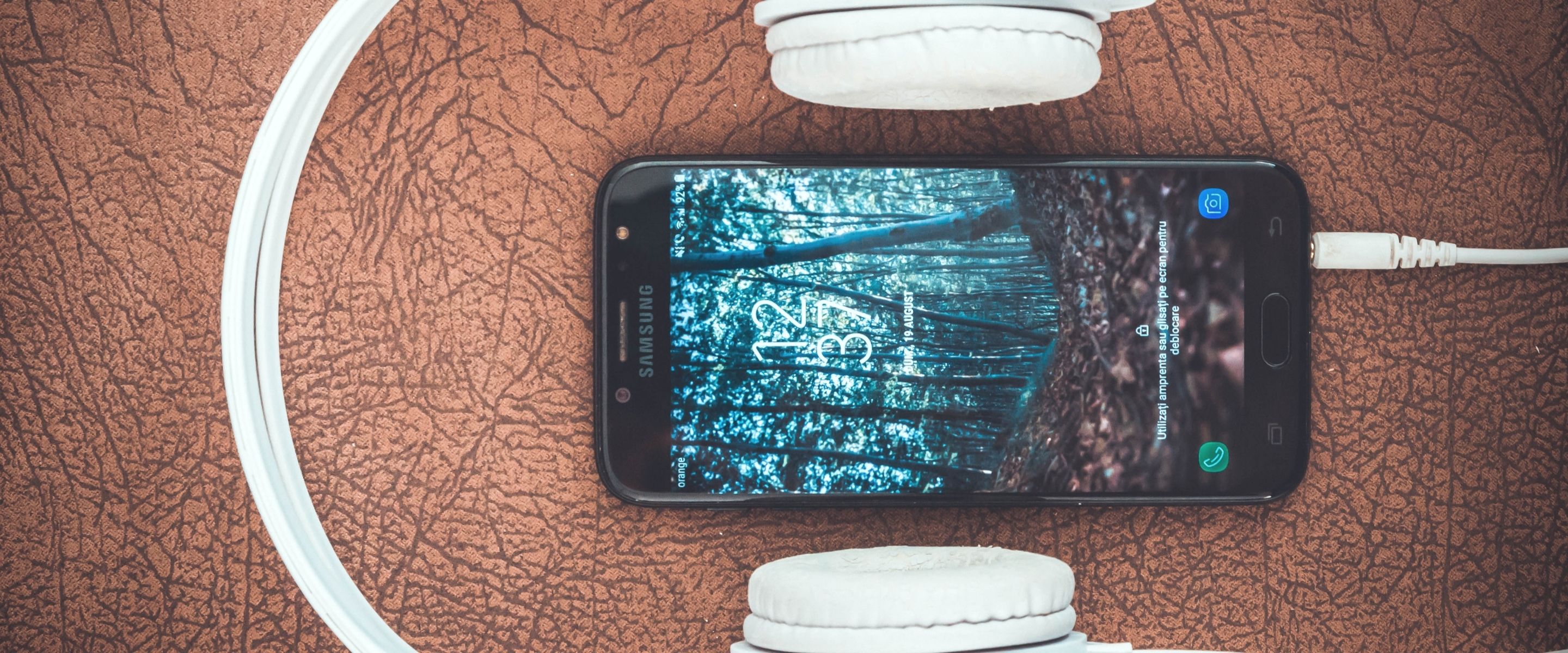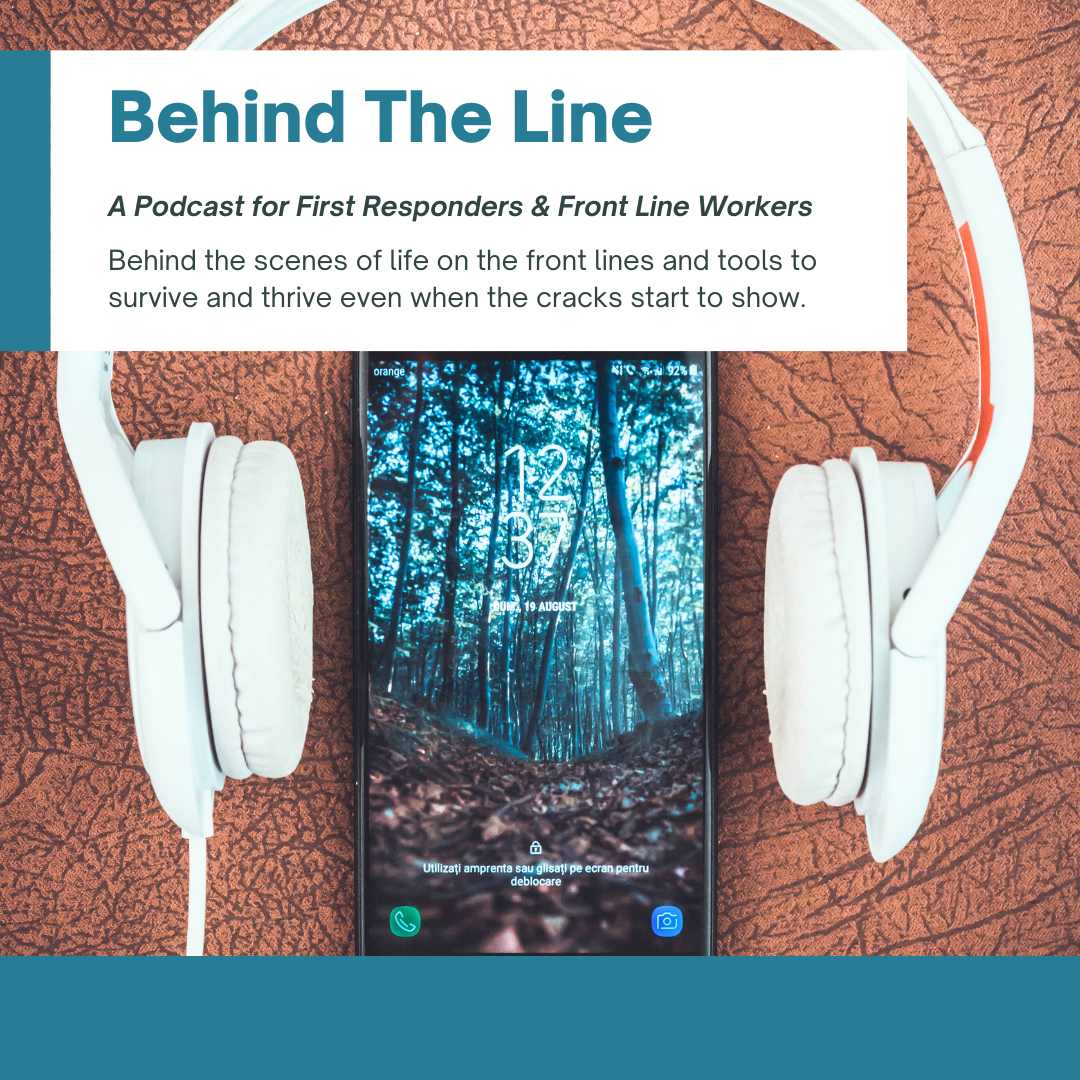
Serving Your Community Shouldn't Mean Sacrificing Your Sanity
You work hard, and sacrifice a lot. ...You deserve to live a great life.
Unfortunately, the reality is that the stats aren't great. Whether you look at divorce rates, mental health concerns, or the very unfortunate suicide data, First Responders and Front Line Workers face higher risk in all of these areas than "Joe Citizen". There needs to be more support, and support that is real and unafraid to tackle the tough stuff. And that support needs to be accessible and consistent.
And that's exactly why I've created Behind The Line.

Welcome to Behind the Line
A podcast created for First Responders and Front Line Workers to tackle the challenges of working on the front lines. Dig into topics on burnout, workplace dynamics, managing mental health, balancing family life...and so much more.
What People Are Saying

Subscribe to get news about new episodes
We promise to respect your inbox and will only send you genuinely awesome tools designed just for you.
Listen On Your Favourite Podcast Platform
Love Behind the Line?
Please support our mission by leaving a rating & review on Apple Podcast!
About the Host
Lindsay Faas, M.A., RCC, RCC-ACS

My name is Lindsay Faas. I am a trauma-specialized therapist working in Fort Langley, BC (Canada). I have spent over a decade working in the field of trauma therapy, and many of those years working one-on-one with First Responders and Front Line Workers struggling with the weight of their work. Military Personnel, Police, RCMP, Fire Fighters, Paramedics, Corrections Officers, 911 Dispatchers, Nurses, Social Workers...You name it.
I have heard the same stories over, and over, and over again. Stories of tough calls, but also tough workplaces. Brutal management-level bureaucracy, toxic workplace dynamics, fear-based disciplinary practices...the list goes on.
While I love my work, I'm also tired of hearing the same stories. I'm tired of nothing changing. And I want to make a difference. I have worked tirelessly to put together resources and tools designed specifically for those on the front lines. You sacrifice so much for us, you deserve so much better than what we give you.
This podcast is just one more piece I can offer. A space to talk about the real stuff - the good, the bad and the ugly. A place to talk about ideas, tools and strategies to help make it different. Why a podcast? Well, for a few reasons. First, anonymity. Most tools you access, like a book for example, are conspicuous - people see the title and wonder whether you're ok. This is something you can interact with without raising concerns or igniting all that awesome stigma that floats around about mental health and wellness. Second, it's portable. Many of you have long commutes, some of you are out on the road as part of your shift - you need tools that can come along for the ride and ways to use those chunks of time to benefit you. Third, it's connecting. Real people, real voices, real conversations, in real time. You need to hear that you're not alone, and support starts here.
I hope you'll subscribe below to get our emails updating you on upcoming episodes. I also welcome contributions and ideas for topics you'd like to hear about. You can send your suggestions to support@thrive-life.ca.
Stay safe out there,
~ Lindsay
Grab Our Free Burnout Checklist & Resilience Guide
The Beating the Breaking Point Indicators Checklist & Triage Guide is a free pdf tool that helps you to self-assess burnout and related concerns, and gives you next step directions to help shift gears. We encourage First Responders & Front Line Workers to use it regularly to keep burnout from creeping up on you.